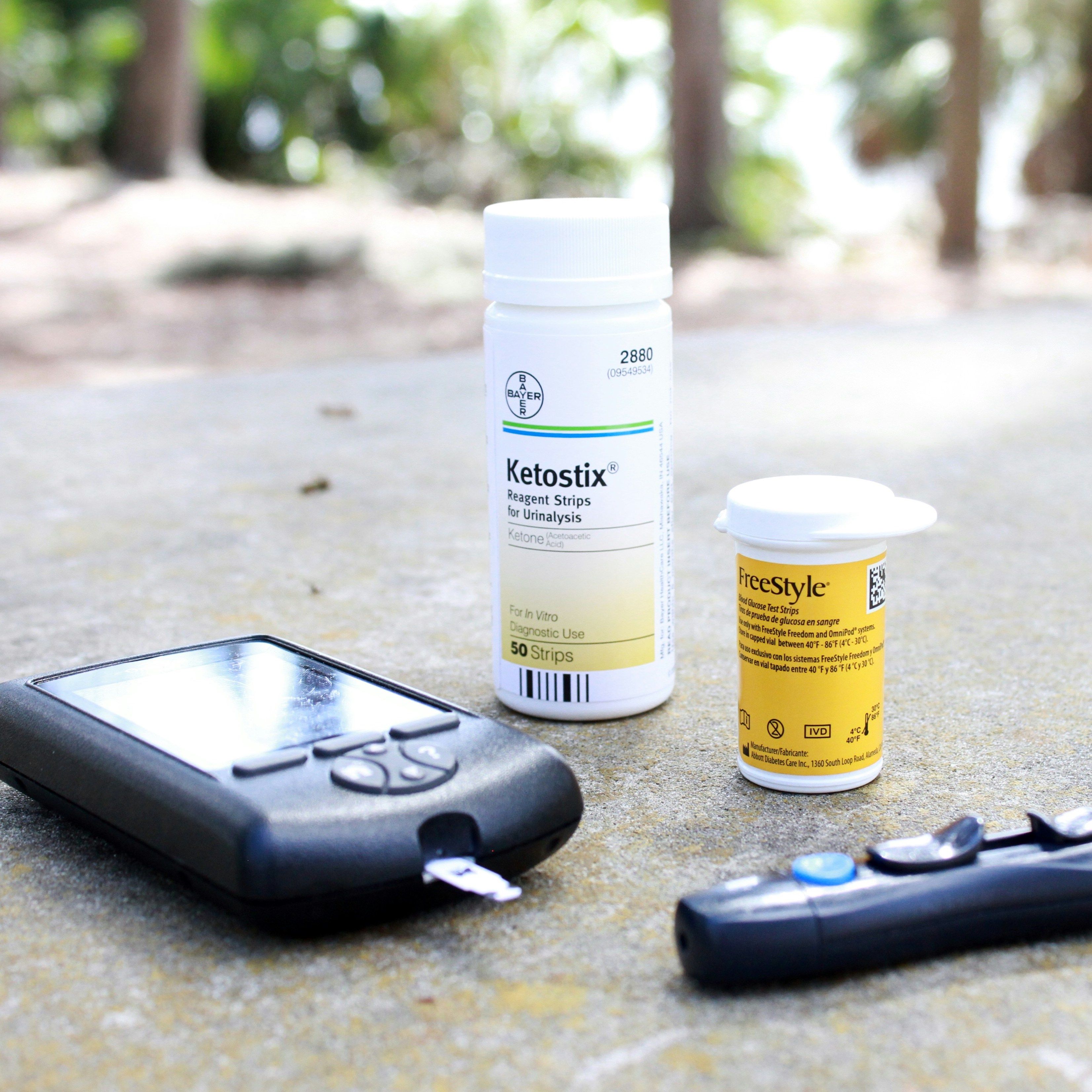Parents, providers differ on adolescent's readiness to manage own type 1 diabetes
A qualitative analysis shows adolescents and their parents more frequently report an unreadiness to transition from pediatric to adult type 1 diabetes care.
Credit: Unsplash / Mykenzie Johnson

Glycemic control among adolescent patients with type 1 diabetes (T1D) requires a combination of work toward reducing perceived barriers to adherence among the susceptible patient group as well as improving their readiness to transition from pediatric care, according to results from a new qualitative study.
In a poster presented at the NAPNAP 2024 National Conference on Pediatric Health Care in Denver, CO this week, findings showed teenagers with T1D were more likely to report feeling not ready for transition to adolescent-age care of their condition than their parents and providers. The data also showed they were less likely to report feeling ready to assume full responsibility of their health.
Presented by Arwa Alhamed, PhD, RN, CPNP, assistant professor at the college of nursing at King Saud Bin Abdulaziz University for Health Sciences in Saudi Arabia, the qualitative cross-sectional analysis sought to assessed the readiness of transition from pediatric to adult care, perceived barriers to medication adherence, and glycemic control among adolescents with T1D in Saudi Arabia.
“During the transition from pediatric to adult care, teens with T1D are at risk of long-term complications related to impaired adherence,” Alhamed wrote. “With the increasing prevalence of T1D in Saudi Arabia, research is required to identify the challenges facing teens with T1D during their transition.”
The analysis included a sample of 83 adolescents aged 12 – 17 years old diagnosed with T1D for ≥6 months. Alhamed additionally assessed patients’ parents/guardians and their pediatric endocrinologists from the same tertiary hospital. Participants fulfilled a readiness to transition questionnaire designed to measure any apprehension of the adolescent patients, as well as the Medication Barriers Scale designed to measure perceived medication barriers and a hemoglobin A1c test to interpret glycemic control.
Two-thirds of patients had comorbidities; 61.5% had a family history of diabetes mellitus. Investigators observed that approximately 96% of adolescent patients reported an HbA1c >7%, with male teenagers reporting a higher mean level than females. Both teenagers and patients were more likely to say the adolescent patient was either not ready or only somewhat ready to take full responsibility of their health (61% and 77%, respectively).
Interestingly, providers (39%) were more likely than parents (37.2%) to say the adolescent patient was not ready to transfer from pediatric to adult care. Only 1 in 5 (19%) of adolescent patients believed they were ready to transfer to adult care.
Alhamed concluded the following were significant predictors of readiness to transition among parents:
- Perceived medication barriers among adolescent patients
- Disease duration
- Family history of diabetes mellitus
- Comorbidities
Among providers, perceived medication barriers among adolescent patients, the patient’s age, and a familial history of diabetes mellitus were the lone significant predictors of readiness to transition.
“Health policy reform is required to develop national readiness-to-transition programs to prepare teens with T1D to take full responsibility for managing their medical conditions while ensuring adherence,” Alhamed concluded.
References
Alhamed A. Assessing the readiness to transition to adult care, perceived medication barriers, and glycemic control among teens with type 1 diabetes. Paper presented at: NAPNAP National Conference on Pediatric Health Care. March 13 - 16, 2024. Denver, CO.
Overview of biologic drugs in children and adolescents
March 10th 2025A presentation at the 46th National Association of Pediatric Nurse Practitioners (NAPNAP) conference explored the role of biologics in pediatric care, their applications in various conditions, and safety considerations for clinicians.